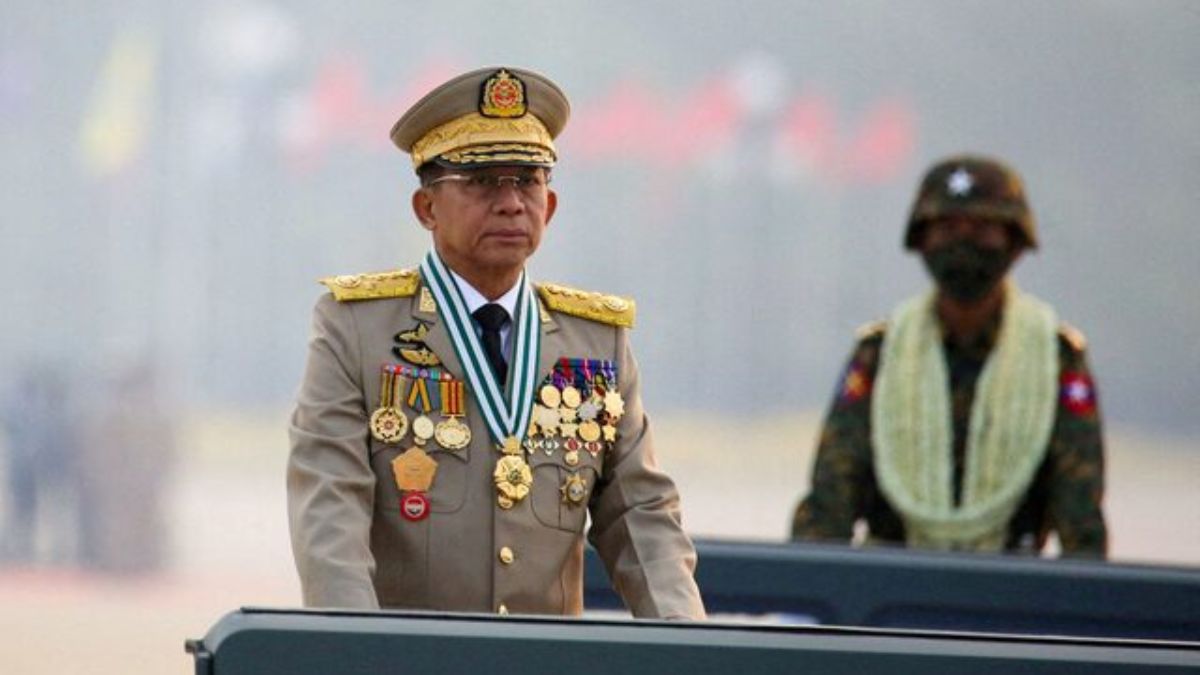United Nations investigators say they have uncovered extensive evidence of systematic torture in Myanmar’s detention facilities, including against children, and have identified senior military figures as perpetrators.
The Independent Investigative Mechanism for Myanmar (IIMM), set up in 2018 to collect and analyse evidence of serious international crimes, said victims were subjected to beatings, electric shocks, gang rape, strangulation and other abuse such as the removal of fingernails with pliers. Some torture resulted in death, according to the 16-page report released Tuesday.
Children were among those tortured, often detained as stand-ins for missing parents. “We have uncovered significant evidence, including eyewitness testimony, showing systematic torture in Myanmar detention facilities,” IIMM head Nicholas Koumjian said in a statement.
Perpetrators include senior commanders
Based on more than 1,300 sources, including hundreds of eyewitness accounts, forensic evidence, documents and photographs, investigators identified high-ranking commanders among the alleged perpetrators. Names have been withheld while inquiries continue to avoid alerting suspects.
Koumjian said torture was a focus because victims often recognised their abusers, potentially aiding future prosecutions. “People often know the names or they certainly know the faces of those who torture them or who torture their friends,” he told reporters in Geneva.
Myanmar’s military-backed authorities have not responded to more than two dozen UN requests for information or for access to the country. The junta has denied committing atrocities, blaming unrest on what it calls “terrorists.”
Wider context of abuses
Myanmar has been in turmoil since the February 2021 coup against an elected civilian government triggered a nationwide uprising and civil war. Tens of thousands have been detained, the UN says. Last month, junta chief Min Aung Hlaing ended a four-year state of emergency, installed himself as acting president and announced plans for an election.
The IIMM is investigating abuses dating back to 2011, including crimes against the Rohingya Muslim minority in 2017, and post-coup violations affecting all ethnic groups. The body supports proceedings in jurisdictions such as Britain and the International Criminal Court.
Impact Shorts
More ShortsFunding at risk
Koumjian warned that UN budget cuts threaten the mechanism’s work. Funding for research on sexual violence, crimes against children and witness protection could run out by year’s end without fresh donations, he said.
With inputs from Reuters


)

)
)
)
)
)
)
)
)



